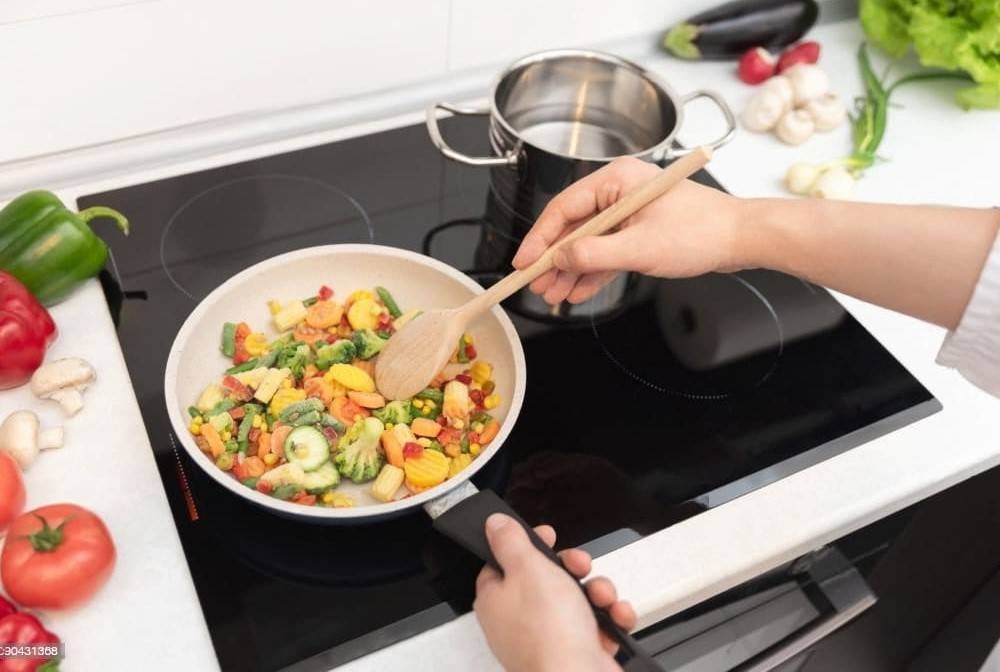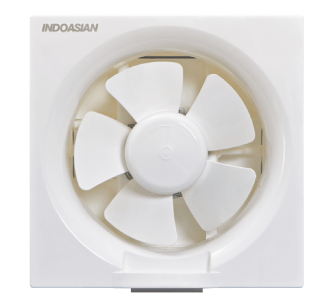Induction heating is a highly efficient and effective way of heating metal objects, but it is important to understand the safety precautions that should be taken when using this technology. Whether you’re a professional metal worker or simply using induction heating for a DIY project, understanding the potential hazards is crucial for ensuring a safe experience.
Understanding Induction Heating
Induction heating works by using a magnetic field to generate heat within a metal object. This method of heating is highly efficient and precise, making it a popular choice for a variety of applications, including metal forging, welding, and annealing.
While induction heating is generally considered safe, it is important to understand the potential hazards and take the necessary precautions to avoid them.
Safety Precautions for Induction Heating
Here are some tips and precautions to keep in mind when using induction heating:
1. Wear protective equipment:
When working with induction heating, it is important to wear protective equipment, such as gloves and eye protection, to avoid skin contact with hot metal and to protect your eyes from the bright light generated by the magnetic field.
2. Use caution when handling hot metal:
Induction heating can generate heat quickly, so it is important to use caution when handling hot metal. Always use tongs or other tools to handle hot metal and never touch it with your bare hands.
3. Avoid overloading the induction coil:
Overloading the induction coil can cause it to overheat and potentially cause damage to the equipment or even start a fire. Always follow the manufacturer’s guidelines for the maximum load capacity of your induction coil.
4. Keep flammable materials away from the induction heating area:
Induction heating can generate heat and sparks, so it is important to keep flammable materials, such as paper, wood, and gasoline, away from the heating area to avoid the risk of fire.
5. Keep the induction coil clean:
Dirt and debris can reduce the efficiency of the induction coil and potentially cause damage to the equipment. Regularly clean the induction coil to ensure that it is functioning properly.
6. Use proper grounding techniques:
Proper grounding is important to ensure that the induction heating equipment operates safely and efficiently. Always follow the manufacturer’s guidelines for grounding the equipment.
7. Children and pets:
Keep children and pets away from the cooktop while it’s in use to prevent accidental burns.
8. Power outages:
If there is a power outage, the cooktop will not work. Ensure that you have alternative cooking options available in case of a power failure.
9. Fire safety:
If a fire starts on the cooktop, do not use water to put it out. Use a fire extinguisher or smother the fire with a lid.
10. Magnetic fields:
Induction cooktops generate a magnetic field that can interfere with pacemakers and other medical devices. If you have a pacemaker, consult with your doctor before using an induction cooktop.
11. Ventilation:
Use proper ventilation when cooking on an induction cooktop to avoid inhaling fumes from the food.
Tips for Safe Induction Heating
1. Use induction cookware made of ferromagnetic material:
Induction cookware is specifically designed to work with induction heating. It must be made of ferromagnetic material such as cast iron, magnetic stainless steel, or enameled steel to work properly. Non-ferromagnetic materials like aluminum or glass will not heat up on an induction cooktop.
2. Avoid overloading the cooktop:
Overloading the cooktop can cause it to overheat, resulting in a safety hazard. To avoid this, do not place heavy pots or pans on top of two burners simultaneously.
3. Keep the cooktop clean:
Grease and food residue can cause the cooktop to overheat and become a fire hazard. Clean the cooktop regularly to keep it free from any residue.
4. Keep the cookware handles away from the heating element:
Keep the cookware handles away from the heating element to avoid accidental burns.
5. Use a timer:
Induction cooking is fast and efficient, which means that food can cook quickly. Set a timer to remind you to check on your food and avoid burning it.
Conclusion
Induction heating is a highly efficient and effective way of heating metal objects, but it is important to understand the potential hazards and take the necessary precautions to avoid them. By following the tips and precautions outlined above, you can ensure a safe and successful experience when using induction heating. Whether you’re a professional metal worker or simply using induction heating for a DIY project, understanding the importance of safety is key to a positive outcome.


